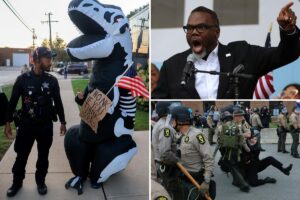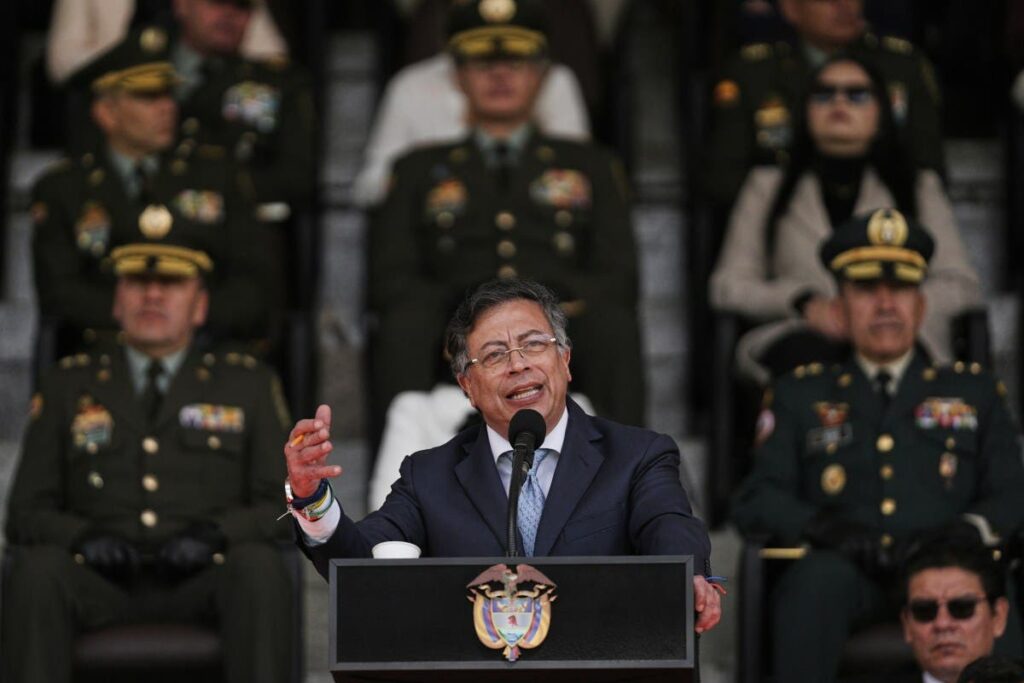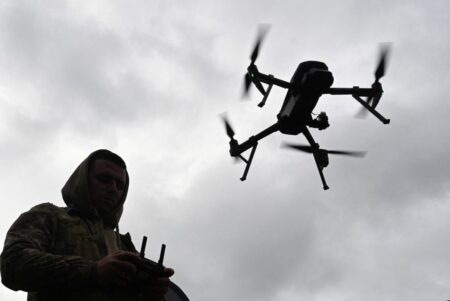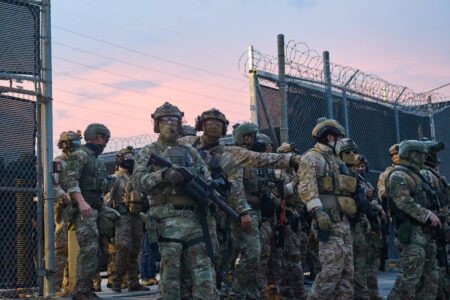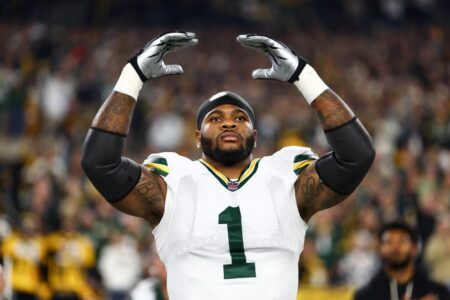Colombian President Gustavo Petro has ordered his security forces to cease all cooperation with the United States until it stops attacks on suspected drug running boats in which scores of people have been killed.
Newsweek contacted the White House for comment via email.
Why It Matters
President Donald Trump has framed U.S. strikes in the Caribbean and Eastern Pacific since early September as a national security imperative to protect the American public from the scourge of narcotics.
Critics of the U.S. campaign say it amounts to extrajudicial killing and that its main objective is the removal of Venezuelan President Nicol├Īs Maduro. U.S. officials accuse Maduro of aiding narcotics networks while Caracas has accused Washington of seeking regime change.
Petro said this month “a new war scenarioŌĆØ had developed in the Caribbean. His suspension of cooperation marks a sharp deterioration in relations between his country and the United States, which have long been allies.
What To Know
Petro said in a post on X that he had ordered ŌĆ£all levels of the public security forces’ intelligence to suspend the sending of communications and other dealings with U.S. security agencies.ŌĆØ┬Ā
ŌĆ£Such a measure will be maintained as long as the missile attack on boats in the Caribbean persists. The fight against drugs must be subordinated to the human rights of the Caribbean people,ŌĆØ he said.
Petero has been outspoken in his criticism of the U.S. strikes and has accused Washington of murder.
At least 75 people have been killed in 19 strikes by U.S. forces on vessels allegedly smuggling drugs to the United States through routes in the Caribbean and Pacific, according to figures from the Trump administration. At least one strike took place in international waters off Colombia’s Pacific coast.
The Trump administration on October 23 imposed sweeping sanctions on Petro, his family and a top cabinet member, accusing them of aiding the global drug trade.┬Ā
Critics say that the strikes on suspected drug boats raise significant legal concerns.
Senate Republicans on October 8 blocked a measure proposed by their Democratic colleagues designed to halt the attacks without congressional authorization, and on November 5, Senate Republicans voted to reject legislation that would have put a check on TrumpŌĆÖs ability to launch an attack against Venezuela.
Trump, in a recent interview with 60 Minutes, declined to say if he was considering land strikes in Venezuela but he did say that he thought Maduro’s days were numbered.
What People Are saying
U.S. Treasury Secretary Scott Bessent said on October 23: ŌĆ£Since President Gustavo Petro came to power, cocaine production in Colombia has exploded to the highest rate in decades, flooding the United States and poisoning Americans. President Petro has allowed drug cartels to flourish and refused to stop this activity.ŌĆØ
What Happens Next
The tensions between the United States and Colombia come as the U.S. ramps up its naval presence in the Caribbean, with eight warships, a submarine, fighter jets and marines deployed to the region. An aircraft carrier, the USS Gerald Ford, arrived off the South American coast on Tuesday.
Read the full article here


